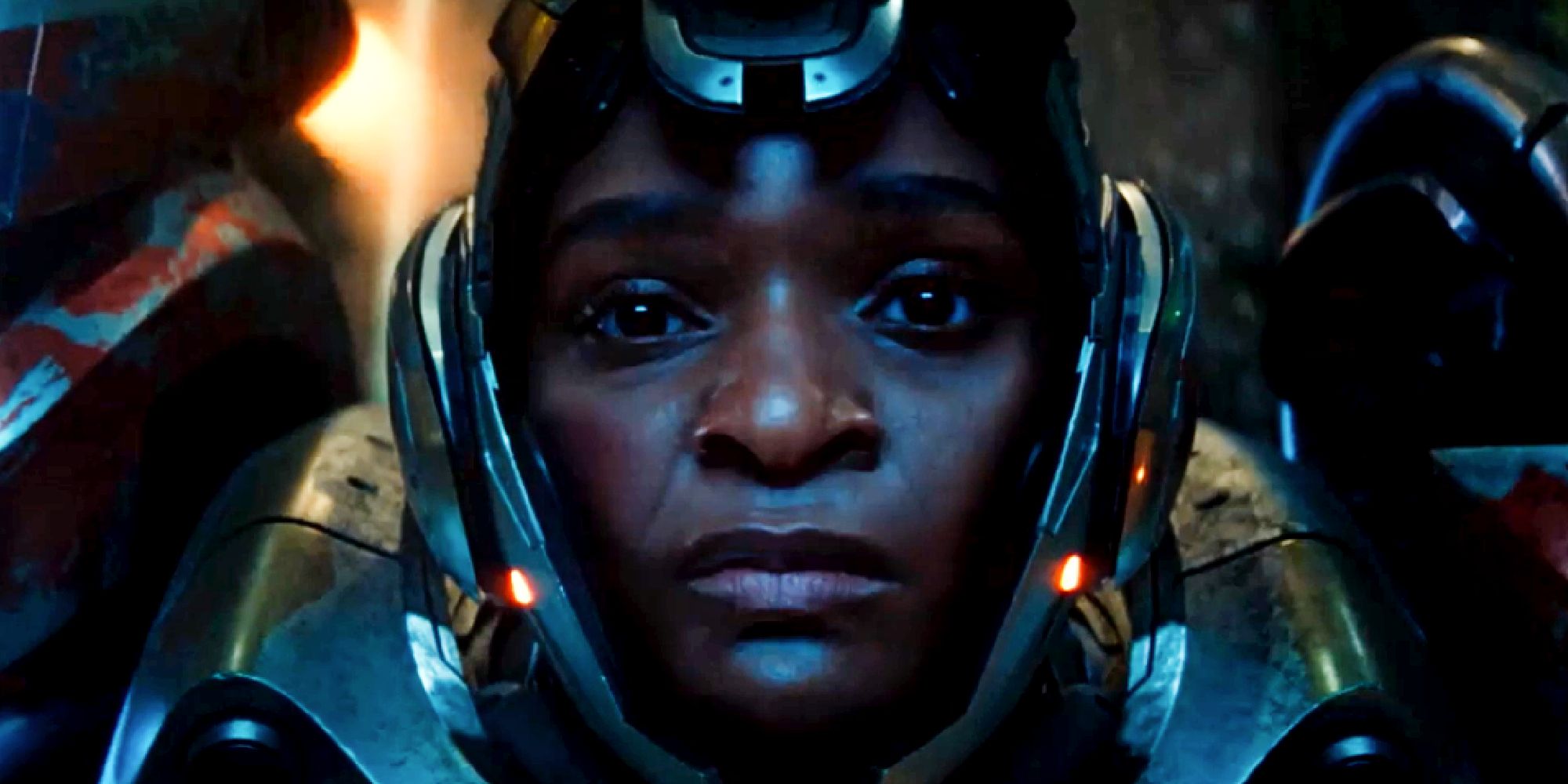Why Suicide Squad Remains a Standout in Modern Superhero Cinema
The world of superhero films is filled with colorful teams, but few have sparked as much conversation as the Suicide Squad. Whether you prefer the gritty 2016 original or the bold creativity of James Gunn’s 2021 entry, the Suicide Squad has become a benchmark for antihero storytelling. But what truly sets it apart, and how does it compare to Marvel’s recent contender, Thunderbolts*? This article explores why the Suicide Squad stands out and how it continues to influence the superhero genre.

The Heart of the Suicide Squad: Chemistry and Storytelling
Ensemble superhero films live or die by their team dynamics. The Suicide Squad succeeds because of its cast’s undeniable chemistry. From Bloodsport and Peacemaker’s tense rivalry to Harley Quinn’s unpredictable brilliance, every character brings something unique. The film’s willingness to let beloved characters meet shocking fates demonstrates high stakes and genuine risk—something most comic book movies shy away from. This willingness to defy expectations elevates the film beyond simple action entertainment.
According to GameRant’s detailed comparison, The Suicide Squad outshines Marvel’s Thunderbolts* in crucial areas. Unlike Thunderbolts*, which sometimes struggles with character synergy, James Gunn’s film boasts memorable team moments and emotional resonance. Newcomers can watch and enjoy Suicide Squad without prior knowledge, while Marvel’s offering leans heavily on viewers being familiar with the broader MCU.
Grit, Sacrifice, and Lasting Appeal
The very name "Suicide Squad" foreshadows risk—but the films deliver on that promise. Audiences witnessed major characters fall within the first ten minutes, setting the tone for an adventure where nobody feels safe. This approach provides depth and unpredictability, making the audience care more about each character’s fate.
Another key factor in the Suicide Squad's appeal is its blend of dark humor and genuine emotional stakes. While Thunderbolts* offers its share of jokes, many viewers and critics highlight the authenticity and impact of Gunn’s choices in Suicide Squad. As detailed by ScreenRant, even though Thunderbolts* adopts a similar premise with antiheroes forced to work together, the tone and payoffs differ. Suicide Squad dares to kill popular characters in brutally memorable ways, proving it can take creative risks.
Similarities and Key Differences with Thunderbolts*
Both Suicide Squad and Thunderbolts* build their stories around antiheroes on perilous missions—often manipulated by powerful figures. Enchantress in DC and Sentry in Marvel both provide a central, supernatural threat. There are even character arcs that nearly mirrored each other; Thunderbolts* almost saw John Walker become its main villain in a storyline similar to Peacemaker’s in The Suicide Squad.
Despite surface-level resemblances, tone distinguishes the two franchises. Thunderbolts* explores mental health and seriousness with less self-aware comedy, while Suicide Squad employs extravagant humor and emphasizes themes of self-sacrifice and redemption. These contrasts allow each film to establish a unique identity, even as their core ideas overlap. For a more in-depth look at Thunderbolts*'s narrative decisions and direct parallels, check out ScreenRant’s analysis.
Why the Suicide Squad Legacy Endures
Many superhero films start strong but fade from memory. The Suicide Squad, thanks to its bold storytelling and unimpeachable cast chemistry, continues to spark debate and admiration years after release. Not only did it revitalize public interest after a critically panned predecessor, but it also showed that comic book movies could take creative risks.
Both Thunderbolts* and Suicide Squad have their place in the genre’s evolving landscape. However, when it comes to memorable characters, genuine thrills, and lasting impact, Suicide Squad remains a standout.
Ready to revisit one of the most daring superhero films of recent memory? Or want to compare it yourself with its Marvel rival? Check out GameRant’s full breakdown to dive even deeper.